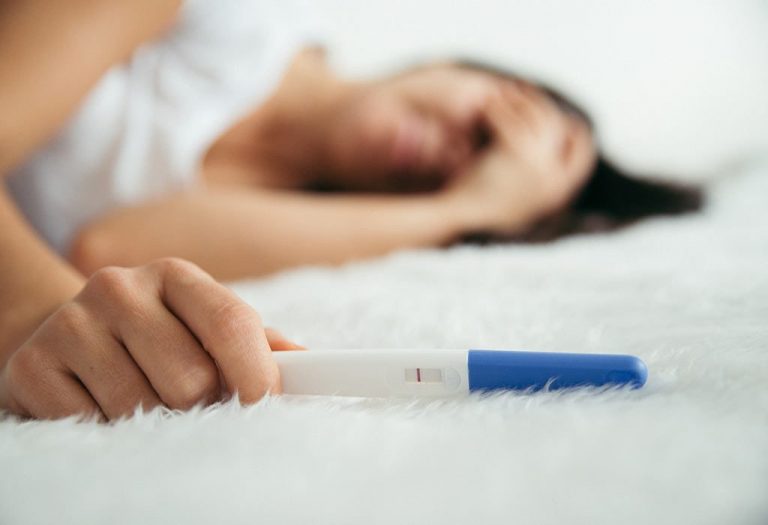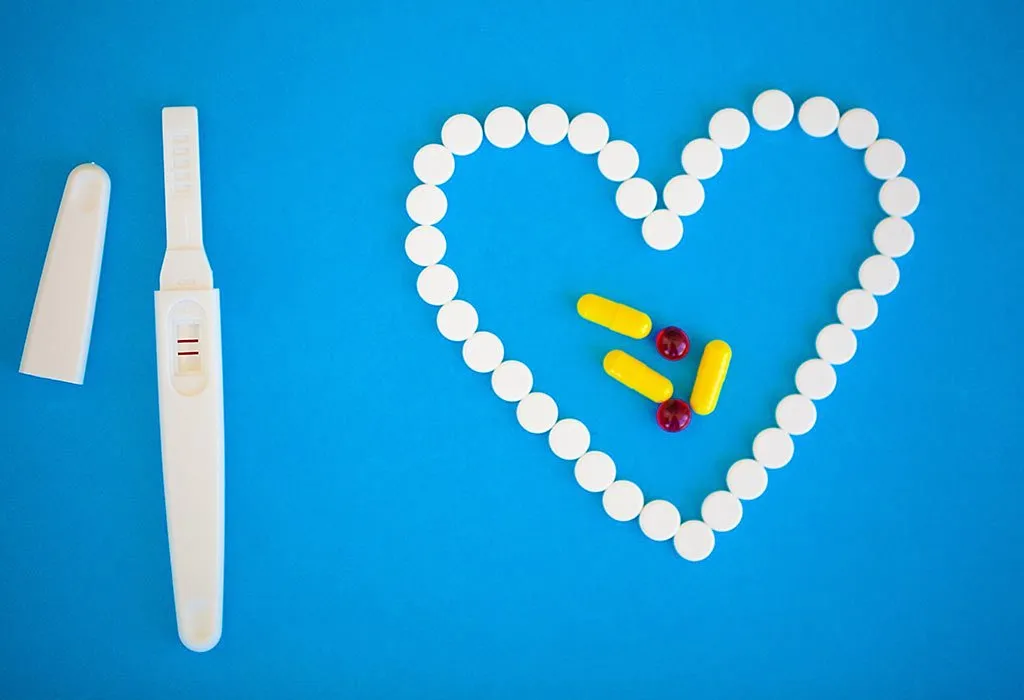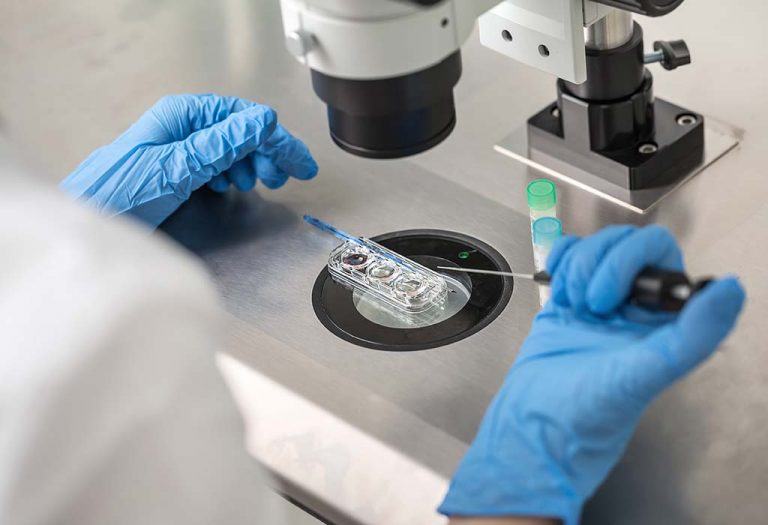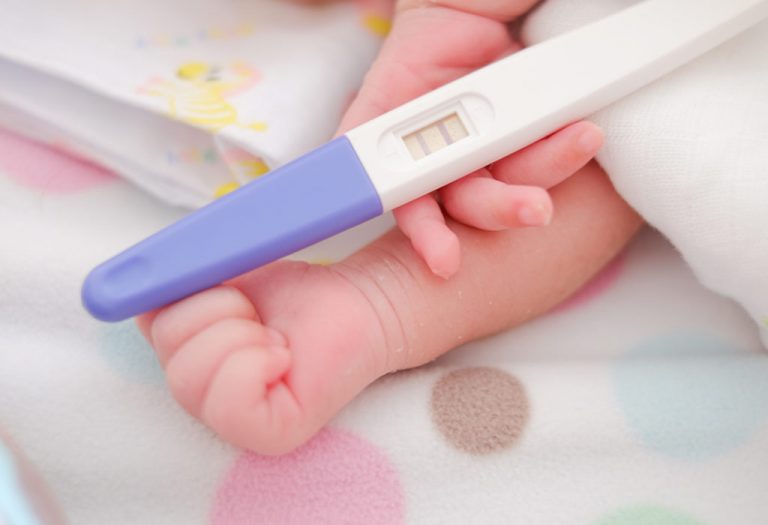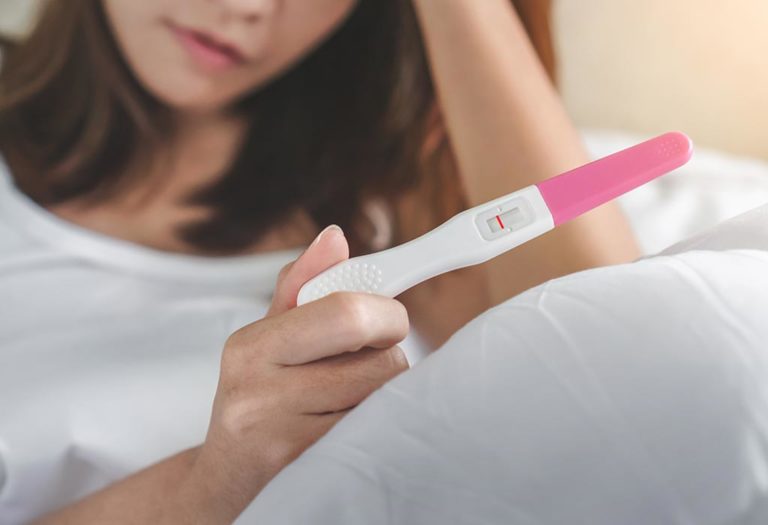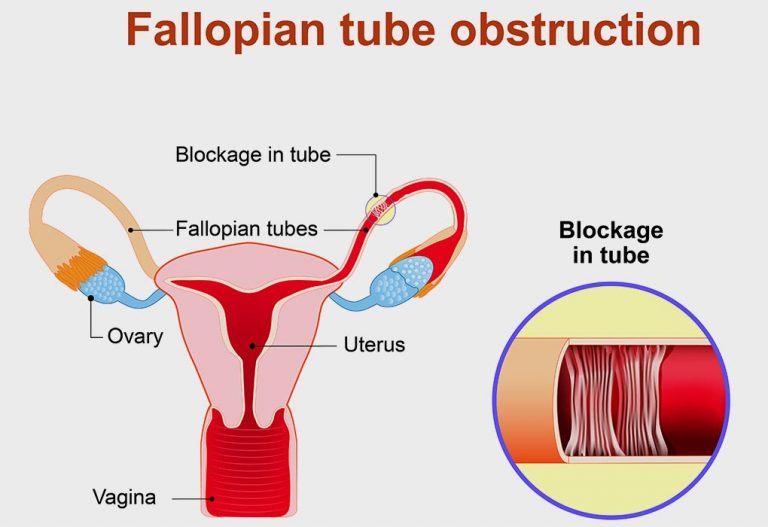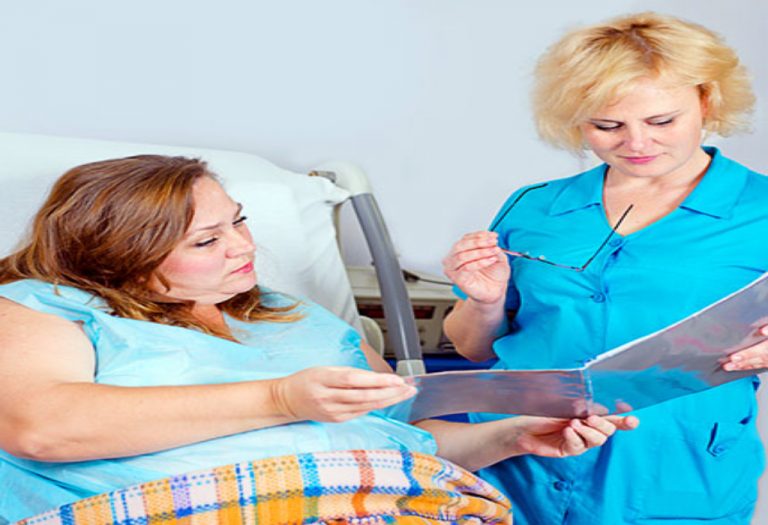Natural Pregnancy After Failed IVF – What Are the Chances?
The entire process of in vitro fertilisation (IVF) is tough and demanding. And to have no positive result at the end of it can be quite disappointing and disheartening for a woman. The emotional distress combined with the financial costs of the procedure makes many people wonder if it is worth the trouble going through it all again. In such a situation, attempting to conceive naturally may seem like a better, more viable option. But is that still possible after a failed IVF cycle, or should you look for completely different options altogether? Let’s find out about the chances of a natural pregnancy after a failed IVF.
What Causes the IVF Cycle to Fail
An IVF cycle can fail due to a variety of factors, some of which are beyond control. Here are some common reasons why an IVF cycle might not succeed:
- Embryo Quality: Poor embryo quality is one of the most common reasons for IVF failure. Even if fertilization occurs, the embryo might not develop properly, which can prevent successful implantation in the uterus.
- Chromosomal Abnormalities: Embryos with chromosomal abnormalities often fail to implant or result in miscarriage. These abnormalities can occur naturally and are more common as a woman’s age increases.
- Age of the Woman: A woman’s age is a significant factor in IVF success. As women age, the quality and quantity of their eggs decrease, which can lead to lower success rates in IVF cycles.
- Uterine or Endometrial Problems: Issues with the uterus or the endometrial lining, such as fibroids, polyps, or scar tissue, can prevent the embryo from implanting successfully.
- Sperm Quality: Poor sperm quality or function can lead to unsuccessful fertilization or result in poor-quality embryos, which are less likely to implant.
- Ovarian Response: Some women may have a poor response to ovarian stimulation medications, resulting in fewer eggs being retrieved for fertilization. This can limit the chances of success.
- Lifestyle Factors: Lifestyle factors such as smoking, excessive alcohol consumption, poor diet, and high-stress levels can negatively impact fertility and the success of IVF.
- Underlying Medical Conditions: Conditions such as polycystic ovary syndrome (PCOS), endometriosis, or autoimmune disorders can affect the outcome of an IVF cycle.
- Laboratory Conditions: The conditions and protocols used in the IVF laboratory can impact the quality of embryo culture and development. Poor laboratory practices can reduce success rates.
- Transfer Technique: The skill and experience of the medical team performing the embryo transfer are crucial. A technically challenging transfer can affect the likelihood of implantation.
What to Do After a Failed IVF
Navigating the next steps after a failed IVF cycle can be challenging. You may feel mixed emotions and wonder what went wrong and what to do next. Understanding the best course of action can help you move forward with clarity and hope.
1. Allow Yourself to Grieve
It’s essential to give yourself permission to feel and process the emotional impact of a failed IVF cycle. Feeling sadness, frustration, or disappointment is normal, and seeking support from loved ones, support groups, or a mental health professional can be helpful.
2. Review the Cycle with Your Doctor
Arrange a follow-up appointment with your fertility specialist to thoroughly review the details of the failed cycle. This discussion can provide insights into what might have gone wrong and help tailor a plan for future attempts.
3. Consider Additional Testing
Based on the review, your doctor may recommend further testing to identify any underlying issues that could have contributed to the failure. Tests might include evaluating egg quality, sperm quality, or uterine conditions.
4. Explore Other Options
Consider alternative fertility treatments or approaches if IVF remains a viable option. This might include adjusting protocols, trying a different clinic, or exploring other methods such as donor eggs or adoption.
Is Natural Pregnancy Possible After a Failed IVF?
Many women are under the assumption that their choice of opting for IVF to conceive a child automatically means that they are not fertile enough to be pregnant by themselves. That isn’t always the case, since infertility is a result of numerous factors. Right from sperm conditions to egg availability, viability, and multiple health aspects, the link between fertility and the ability to conceive a child is quite intricate. That being said, even though your chances of getting pregnant naturally may be lower than other people out there, they definitely are not zero, and natural pregnancy is possible, even if your IVF has failed.
What Are the Odds of Conceiving After Failing One Cycle of IVF?
As frustrating and disheartening as it can be to meet with failure at the end of your first IVF procedure, it is not the end of the road for you. A single failure does not set in precedence that every consecutive cycle would fail. At times, the body needs some time to get used to the procedure and might respond positively the second time around. Many women have observed healthier embryos and better body response at the second attempt, resulting in a positive pregnancy.
These odds are further supported by strong data and statistical information collected over the years. The success rate of a woman getting pregnant in the first cycle of IVF is about 21%. But what seems to start out at a lower stage gets progressively better in the consecutive cycles. The second attempt itself improves the chances by 10%, with the fifth cycle reaching a nearly 40% success rate of achieving pregnancy. However, any further attempts beyond the fifth barely make any improvement, and it is best to opt for different ways of having a child at that point.
How Is Natural Pregnancy Possible After a Failed IVF?
Taking a simple look at the various ways women have gotten pregnant over the years, you can understand this. There are several women who have conceived naturally in the first go, while others have got it in the first cycle of IVF itself, and a few have conceived a child in consecutive cycles, too.
The body of the woman plays a vital role in the entire procedure. At times, the reasons for infertility may not be clearly established. Once an IVF procedure is undertaken, the body begins to respond positively, and the woman begins to notice those signs better, too, which could increase the chance of conception.
With women who have uterine problems, primarily due to the existence of a weak or thin outer lining of the uterus itself, the chances of IVF being successful are less in the first attempt. However, the procedure itself can stimulate the body to develop a stronger uterine lining for the coming months. Attempting to conceive naturally might bear fruit, and a second IVF cycle may not be required at all.
There is no conclusive factor that can be pinpointed with confidence as the one responsible for spontaneous pregnancy after a failed IVF. The greatest common denominator in all the cases, however, is the constant attempt to get pregnant naturally. Couples that try once in a while are at a lower chance of observing positive results. Comparatively, the ones who have sex frequently and regularly, with a zest to get pregnant, surprisingly could show good results, even after a failed IVF attempt.
How to Improve Your Chances of Getting Pregnant Naturally After a Failed IVF
Your habits, behavioural tendencies, and lifestyle choices play a vital role in supporting your pregnancy or acting against it. IVF makes use of the natural processes of the body and stimulates them to act in their best states. If a woman continues to smoke during the attempts to get pregnant, the chances of pregnancy are nearly halved in a single stroke. Regular and continued consumption of caffeinated beverages are known to cut down the chances of pregnancy as well. Alcohol and obesity also affect the ability to carry the pregnancy successfully to a complete term.
FAQs
1. How does the emotional impact of failed IVF affect natural conception?
The emotional stress from failed IVF cycles can impact hormonal balance and fertility. Reducing stress through therapy, relaxation techniques, or lifestyle changes can improve overall well-being and potentially enhance natural conception chances.
2. How long should I wait before trying for a natural pregnancy after IVF failure?
There’s no one-size-fits-all answer, but many specialists recommend waiting at least a few months before trying for a natural pregnancy. This allows time for the body and mind to recover. However, the optimal waiting period can vary based on individual health and circumstances.
3. Can changes in the partner’s health affect natural conception after failed IVF?
Yes, changes in a partner’s health, such as improvements or deteriorations in sperm quality or overall wellness, can impact natural conception chances. For example, recent research suggests that male fertility can be influenced by factors like diet, lifestyle changes, or medical conditions, so assessing and improving your partner’s health may be beneficial.
4. How might previous IVF protocols influence the chances of natural pregnancy?
Certain IVF protocols or medications used in previous cycles can affect hormonal balance and ovarian reserve. For example, prolonged use of some fertility medications may impact natural fertility.
This was all about failed IVF and then natural pregnancy. It is important to know that IVF is simply a medical procedure and not a magic wand that can create a pregnancy out of nowhere. Correcting certain lifestyle decisions, opting for regular exercise, and maintaining a good healthy diet are just as necessary during an IVF procedure as it is when attempting to get pregnant naturally. It is thus safe to say that there is some positive news for women wondering if they can get pregnant naturally after failed IVF procedures. Stay relaxed, focus on your health and keep trying as often as you can.
References/Resources:
1. Soave. I, Monte. G, Marci. R; Spontaneous Pregnancy and Unexplained Infertility: A Gift With Many Whys (The American Journal of the Medical Sciences); National Library of Medicine; https://www.ncbi.nlm.nih.gov/pmc/articles/PMC3482789/; October 2012
2. Wallace. W, Kelsey. T; Human Ovarian Reserve from Conception to the Menopause (PLoS One); National Library of Medicine; https://www.ncbi.nlm.nih.gov/pmc/articles/PMC2811725/; January 2010
3. Muller. V, Ob’edkova. K, Krikheli. I, Kogan. I, Fedorova. I, et. al.; Successful Pregnancy Outcome in Women with Recurrent IVF Failure and Anti-hCG Autoimmunity: A Report of Three Cases (Case Reports in Immunology); Wiley Online Library; https://onlinelibrary.wiley.com/doi/10.1155/2016/4391537; November 2016
4. Shaulov. T, Sierra. S, Sylvestre. C; Recurrent implantation failure in IVF: A Canadian Fertility and Andrology Society Clinical Practice Guideline (Reproductive BioMedicine Online); Science Direct; https://www.sciencedirect.com/science/article/pii/S1472648320304405; November 2020
5. Bashiri. A, Halper. K, Orvieto. R; Recurrent Implantation Failure-update overview on etiology, diagnosis, treatment and future directions (Reproductive Biology and Endocrinology); National Library of Medicine; https://www.ncbi.nlm.nih.gov/pmc/articles/PMC6282265/; December 2018
6. Assaysh-Öberg. S, Borneskog. C, Ternström. E; Women’s experience of infertility & treatment – A silent grief and failed care and support (Sexual & Reproductive Healthcare); Science Direct; https://www.sciencedirect.com/science/article/pii/S1877575623000691; September 2023
7. Study Finds Why Many IVF Embryos Fail to Develop; Columbia University Irving Medical Center; https://www.cuimc.columbia.edu/news/study-finds-why-many-ivf-embryos-fail-develop
Also Read:
Tips for IVF Success
IVF: Side-Effects and Risks
Mini or Micro IVF Treatment
Cramping and IVF (In Vitro Fertilization)
Tips to Lower Your Chances of Miscarriage after IVF
Was This Article Helpful?
Parenting is a huge responsibility, for you as a caregiver, but also for us as a parenting content platform. We understand that and take our responsibility of creating credible content seriously. FirstCry Parenting articles are written and published only after extensive research using factually sound references to deliver quality content that is accurate, validated by experts, and completely reliable. To understand how we go about creating content that is credible, read our editorial policy here.





